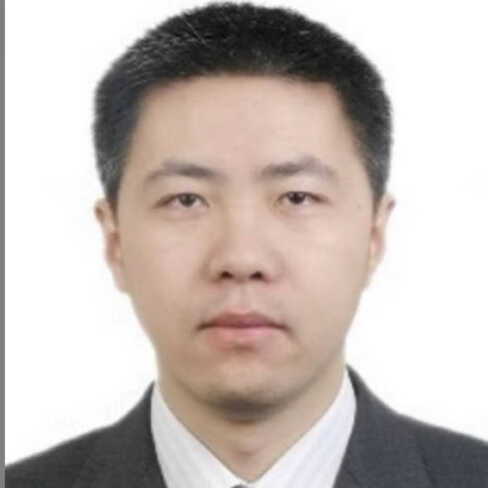腰骶部脂肪疝(参考外科学)
腰骶部脂肪疝应该如何护理?
腰骶部脂肪疝日常护理指南
一、基础生活护理
体重管理
控制体重以减轻腹部压力,避免疝气加重
每周监测体重变化,目标缓慢减重
肥胖患者需咨询医生制定个性化计划
症状观察
注意疝块大小、疼痛程度和可复性
记录任何不适,如肿胀、疼痛加剧
如出现嵌顿(疝块无法回纳、剧痛),立即就医
二、活动与姿势管理
日常活动
避免提重物、剧烈运动和长时间站立
使用疝气带或支持带提供额外支撑
学习正确 lifting 技巧,如屈膝而非弯腰
姿势调整
保持良好 posture,避免增加腹压
睡眠时尝试侧卧,减轻腰部压力
工作时使用 ergonomic 椅子,定时休息
三、饮食护理
饮食建议
高纤维饮食预防便秘,减少 straining
多喝水,保持大便柔软
避免过度进食和 gas-producing foods
营养管理
均衡饮食支持整体健康
咨询营养师 if needed for weight management
限制 alcohol and caffeine intake
四、心理调节
情绪支持
保持积极心态,疝气通常 manageable
练习 relaxation techniques like deep breathing
加入 support groups for hernia patients
睡眠改善
确保充足睡眠,7-8 hours per night
使用 pillows to support the lower back
避免睡前 heavy meals or stress
五、家庭护理
环境调整
家中准备疝气带和 comfortable clothing
移除 tripping hazards to prevent falls
张贴 reminders for posture and activity limits
家庭支持
Educate family members on hernia care
Share responsibilities to avoid strain
Keep emergency contacts handy
六、并发症预防
危险信号识别
Severe pain, redness, or fever indicating infection or strangulation
Nausea, vomiting, or inability to reduce the hernia
Sudden increase in hernia size
应急处理
Lie down and try to gently push the hernia back
Apply ice to reduce swelling if safe
Seek immediate medical attention if symptoms worsen
七、特殊注意事项
旅行护理
Carry hernia support and medications
Avoid long trips without breaks
Have a medical summary available
工作防护
Use proper lifting equipment at work
Take frequent breaks to move around
Discuss accommodations with employer if needed
八、季节护理
春季/夏季
Stay hydrated and avoid overheating
Wear loose clothing to reduce pressure
秋季/冬季
Keep warm to prevent muscle stiffness
Be cautious of icy conditions to avoid falls
九、护理效果评估
定期检查
Follow-up with doctor as scheduled
Monitor hernia for changes in size or symptoms
Consider imaging if recommended
记录要点
Log daily activities and any hernia-related issues
Track weight and diet habits
Note effectiveness of support devices
重要提示:
护理需个体化,根据医生建议调整
如症状持续或恶化,及时就医
手术可能是最终选项,讨论 with healthcare provider
通过 consistent care, most patients with lumbar sacral lipoma can manage symptoms effectively. Focus on lifestyle modifications and regular monitoring.




